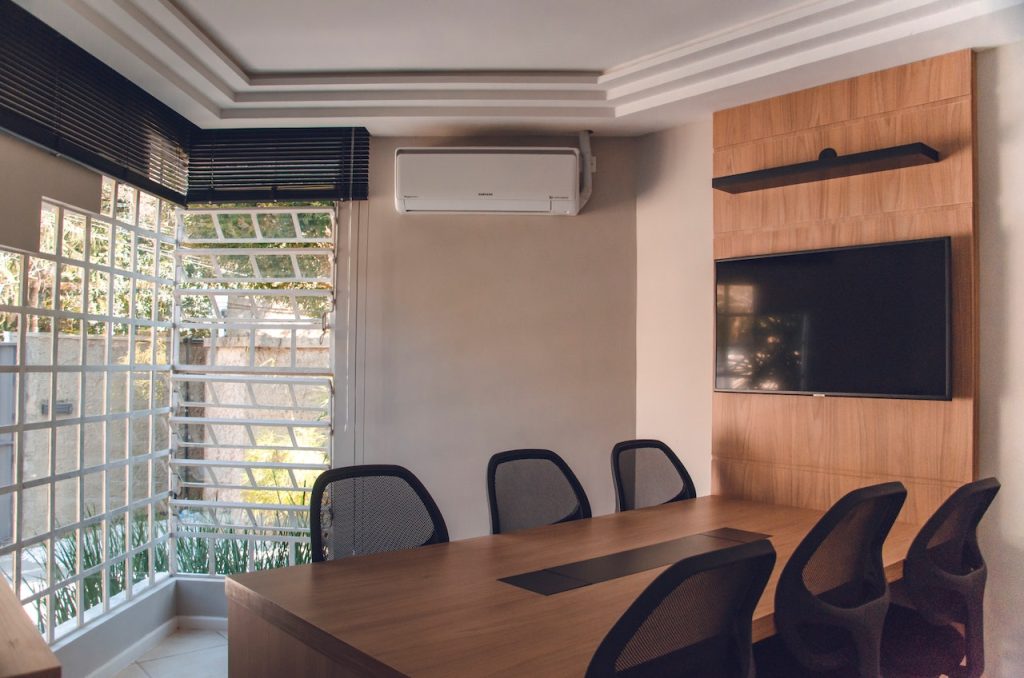The Inflation Reduction Act (IRA) is one of the largest bills ever addressing climate change. Passed by Congress on August 12, 2022. President Joe Biden signed the bill on August 16. This $737 billion measure invests more than $369 billion of its total spending toward energy security and climate change measures. The bill aims to drive down energy costs for end consumers, increase energy security and reduce the emissions of greenhouse gases.
More than $9 billion has been made available for home energy rebates for those who invest in energy-efficient systems and technology. The bill includes ten years of tax credits for consumers with heat pumps, solar rooftops, and energy-efficient HVAC systems or water heaters.
How to Take Advantage of These Incentives
These types of incentives included in the bill encompass a variety of energy-efficient home improvements. Homeowners who install eligible HVAC equipment, heat pump water heaters, or components such as doors, windows, or insulation that improve a home’s energy efficiency can subtract the credit from their tax liability through the end of the year 2032.
The credit each homeowner can claim totals 30% of the cost of improvements. There is an annual limit of $600 for approved HVAC equipment and $600 for building components for a total of up to $1,200 per year in credits that you can take through the end of 2032. There is no cap on the number of credits that one can take beyond the yearly limit. Homeowners who install heat pumps, heat-pump water heaters, biomass-fueled stoves, or boilers can take a credit of up to $2,000. If you aren’t sure what improvements you can make to take advantage of the credits available, the bill also allows for a $150 credit for a home energy audit.
What Qualifying Improvements Can I Make?
You can make many changes that will qualify for tax credits and rebates under the Inflation Reduction Act. Here are some of the most common ones that will help reduce your home’s energy costs and qualify for incentives.
Repair Air Leaks
This is a great time to weatherize your home. Plugging up the areas in your home where air leaks out will stop your cool air from leaking out in the summer and your hot hair from leaking out in the winter and help your existing HVAC system run more efficiently.
You may have gaps along your baseboards, windows, doors, or electrical outlets. Fireplace dampers and holes where pipes enter or exit may also allow air to leak out. Repairing areas where there is a draft can provide savings on energy. While repairing some of these issues may be as simple and inexpensive as applying caulk or weather stripping, others may require more substantial effort and cost more.
While you can do your own inspection, the IRA $150 rebate for a home energy audit can help if you require assistance. A qualified professional can help you locate these leaks and recommend changes to correct them. Once you know where the problems lie, you can put the IRA 30% tax credits to work up to a maximum of $1,200 a year to weatherize. If you make less than $150% of the local median income, you also qualify for up to $1,600 in rebates for any materials you may need to accomplish your goal.
Window and Door Replacement
Leaky windows and doors can increase your energy costs by as much as 30% each year, according to the Department of Energy. Replacing windows and doors that don’t hold in the heat or cool air can be expensive, but you will enjoy long-term savings.
The IRA provides up to $600 toward window replacement and up to $250 to replace an exterior door or $500 to replace two.
HVAC Upgrades
Most homes’ heating and cooling appliances are the main energy consumption users. Up to 40% of the energy consumed in buildings across America stems from HVAC systems, contributing greatly to greenhouse gas emissions. Upgrading to a more energy-efficient HVAC system helps reduce these emissions. You can sometimes qualify for HVAC tax credits by installing certain wood-burning stoves.
Federal rebates for HVAC systems under the IRA provide a 30% tax credit to those who upgrade to electric heat pumps. You can take up to $2,000 in credits for installing a heat pump and enjoy additional rebates of up to $8,000 as long as you meet the income requirement of making less than 150% of the local median income for your area.
If you are already replacing your HVAC unit to meet new SEER requirements coming in January, be sure to take advantage of this air conditioner tax credit in 2022.
Appliance Upgrades
Low and moderate-income households can claim federal rebates for HVAC on electric stoves and heat pump clothes dryers of up to $840 each. Homeowners can take heat pump water heater tax credits of up to $1,750 for upgrading your existing water heater and save you additional funds on energy costs. If you have been looking to replace that old water heater, this is a great time to do so. The new heat pump rebates for 2022 can help reduce the cost of replacement.
Consider Solar Power
While it might be a bit of an investment to convert your existing home to a solar model, this might be an option for those who are looking to rent, buy or build. A passive solar home draws energy from banks of south-facing windows to draw in the sun’s heat during cool months. Paired with panels that provide solar energy to power a home, this can reduce home energy consumption greatly.
The IRA includes a 30% tax credit for rooftop solar and geothermal heating options. This includes battery storage and larger community solar power systems that multiple homeowners share. If you are building a new home, you can take advantage of a $5,000 tax credit for developers who build solar dwellings termed Zero Energy Ready Homes.
There has never been a better time to replace that old HVAC unit you’ve been patching up for years. HVAC tax credits can make all the difference in how much a replacement costs. Get in touch with American Home Water and Air to discuss your options and take full advantage of the HVAC tax credits available through the Inflation Reduction Act.
[related_posts_by_tax posts_per_page="3" format="thumbnails" image_size="medium"]










